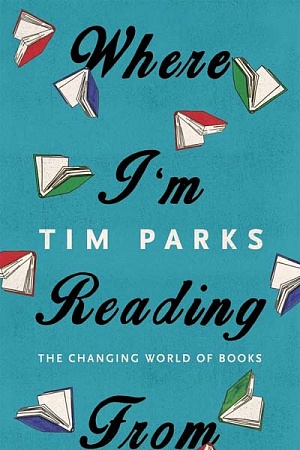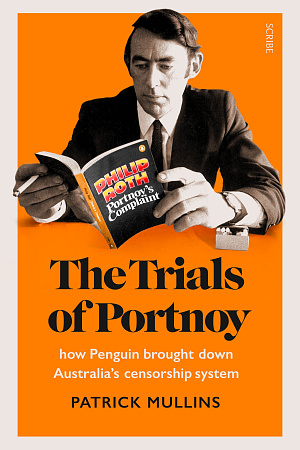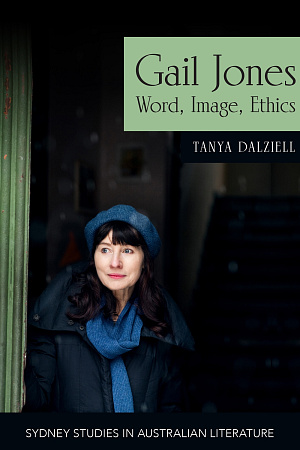A Sense for Humanity: The ethical thought of Raimond Gaita
Monash University Publishing, $34.95 pb, 223 pp
A festschrift for Raimond and Romulus
Raimond Gaita is unusual among moral philosophers in having presented the world of his childhood as food for thought. Most notably, he has given us his Romanian father, Romulus – ‘Johnny the Balt’ to his Australian neighbours – whose understanding of life’s moral necessities is articulated by Gaita as the core of his ethical thought. It is hard to think of an instance in the history of Western philosophy, other than the Socrates of Plato’s Apology, where an individual’s life story is as intrinsic to the views expounded as the life of Romulus Gaita is to those of his son.
The connection hasn’t always been clear. When Gaita first made his indelible mark with Good and Evil: An Absolute Conception (1991), calling it to account for its lack of moral seriousness, Romulus was not mentioned. The profound influence of father on son became apparent with the publication of Romulus, My Father (1998), but it was only in After Romulus (2011) that we begin to see that the ‘moral genius’ here (to quote a homeless man at one of Gaita’s book readings) is, in the first instance, not Raimond, but Romulus. And so we should see it, for the younger Gaita has consistently emphasised that it is in the nature of goodness to reveal the uniquely individual and irreducible humanity of others. The more we are moved by Romulus and his world, and the less we are dazzled by Gaita’s depth and subtlety of thought, the more the latter’s philosophy succeedson its own terms.
Continue reading for only $10 per month. Subscribe and gain full access to Australian Book Review. Already a subscriber? Sign in. If you need assistance, feel free to contact us.










Leave a comment
If you are an ABR subscriber, you will need to sign in to post a comment.
If you have forgotten your sign in details, or if you receive an error message when trying to submit your comment, please email your comment (and the name of the article to which it relates) to ABR Comments. We will review your comment and, subject to approval, we will post it under your name.
Please note that all comments must be approved by ABR and comply with our Terms & Conditions.